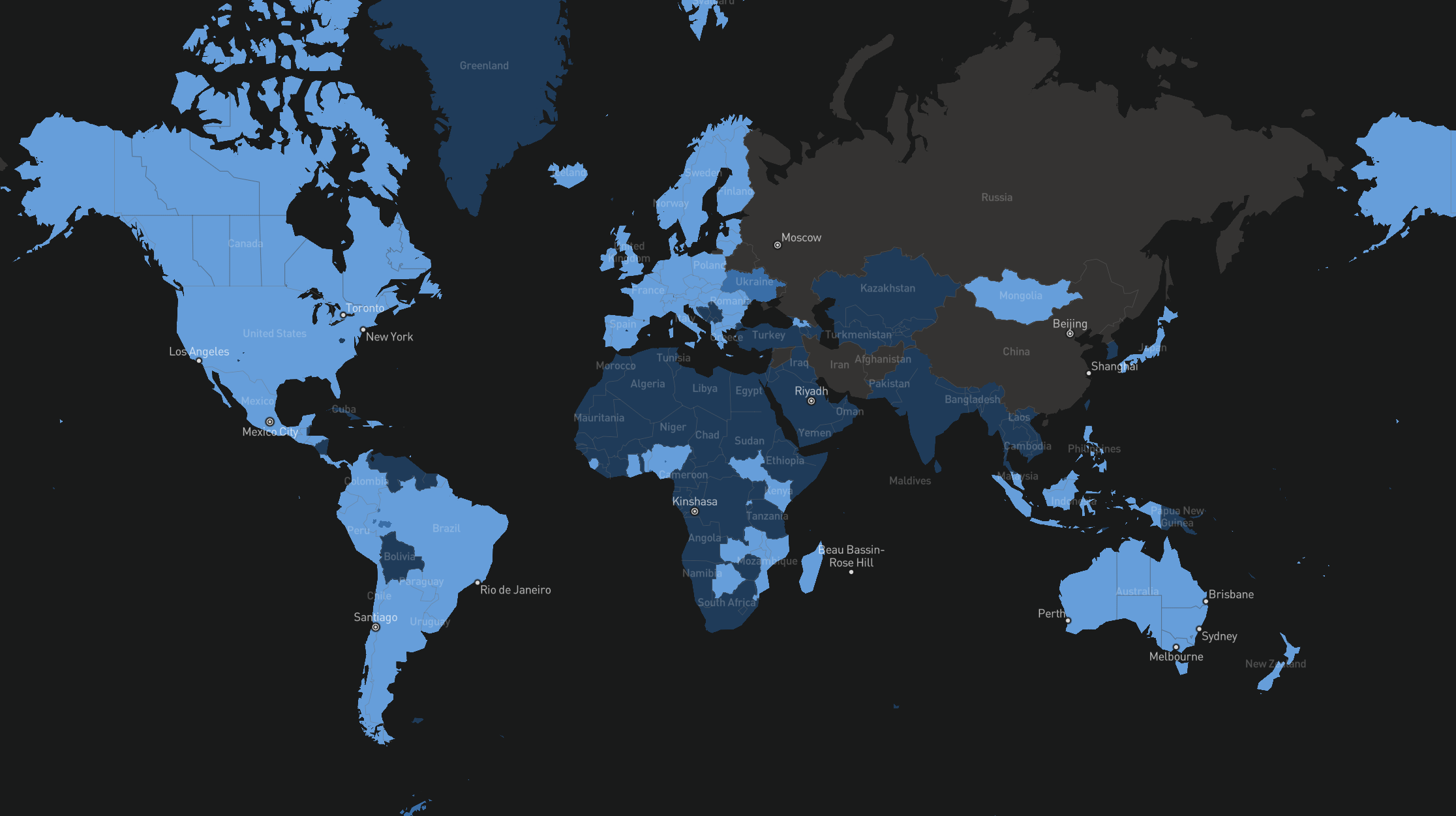Elon Musk now controls two thirds of all active satellites
SpaceX’s Starlink network is growing by an average of three satellites per day
Elon Musk now controls nearly two thirds of all active satellites orbiting Earth following the launch of the 7,000th Starlink satellite this week.
The internet satellite constellation, which is built and operated by Mr Musk’s company SpaceX, has grown by an average of three satellites per day since the first launch in 2019.
The latest data from non-profit satellite tracker CelesTrak shows that SpaceX has 6,370 active Starlink satellites in low-Earth orbit, with several hundred more inactive or deorbited.
The figure, which has risen more than six-fold in just three years, represents just over 62 per cent of all operational satellites, and is roughly 10-times the number of Starlink’s closest rival, UK-based startup OneWeb.
The firm, which is a subsidiary of French satellite giant Eutelsat, was forced to rely on SpaceX rockets to deliver its equipment into space after launches with Russia’s Soyuz were cancelled in 2022 due to the Russian invasion of Ukraine.
SpaceX plans to launch up to 42,000 satellites to complete the Starlink constellation, capable of delivering high-speed internet and phone connectivity to any corner of the globe.
Starlink currently operates in 102 countries and has more than three million customers paying a monthly fee to access the network through a $300 ground-based dish.

The company expects to launch its service in dozens more countries, with only Afghanistan, China, Iran, North Korea, Russia and Syria not on the current waitlist due to internet restrictions or trade embargos.
People in those countries have still been able to access the network through illegally imported equipment, including activists in Iran who smuggled dozens of Starlink receivers into the country in 2022.
“Starlink now constitutes roughly 2/3 of all active Earth satellites,” Mr Musk posted on X following the latest SpaceX launch, which saw 21 more Starlinks delivered into space aboard a Falcon 9 rocket from Cape Canaveral in Florida on Thursday.
SpaceX’s dominance has prompted concerns about the amount of power the world’s richest person wields through his control of SpaceX and the Starlink network.
“Between Tesla, Starlink and Twitter, I may have more real-time global economic data in one head than anyone ever,” the tech boss tweeted in April 2023.
After lawmakers in Brazil introduced a ban last week of the social media platform X, which is also owned by Mr Musk, Starlink initially made the app available to its customers in the country, however it has since complied with the blocking order.
Join our commenting forum
Join thought-provoking conversations, follow other Independent readers and see their replies
0Comments